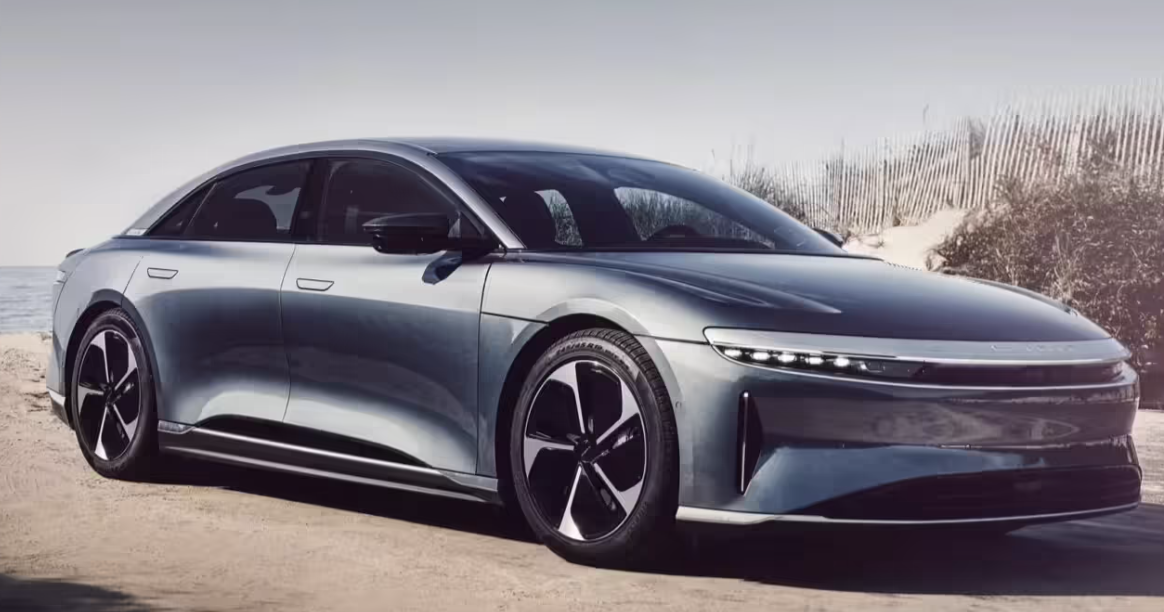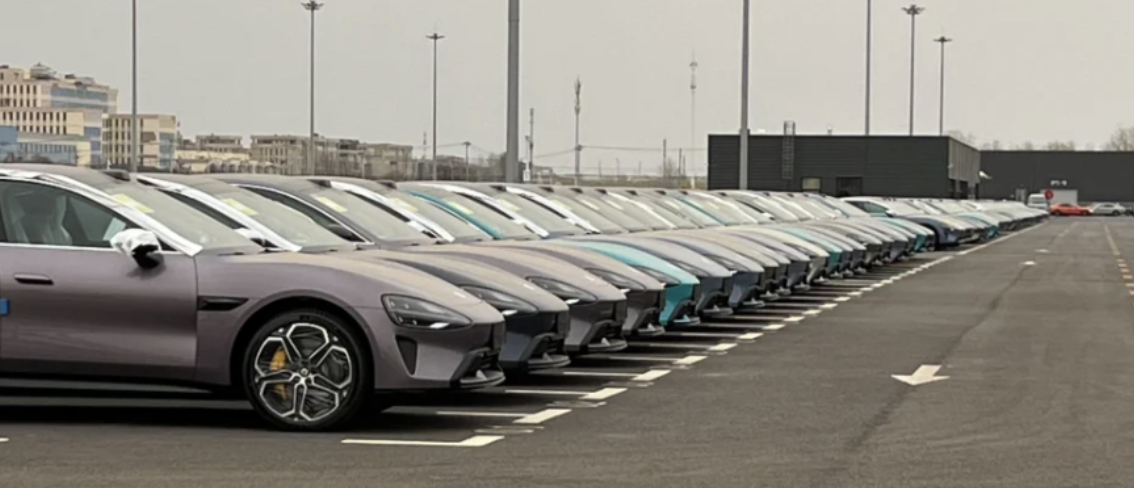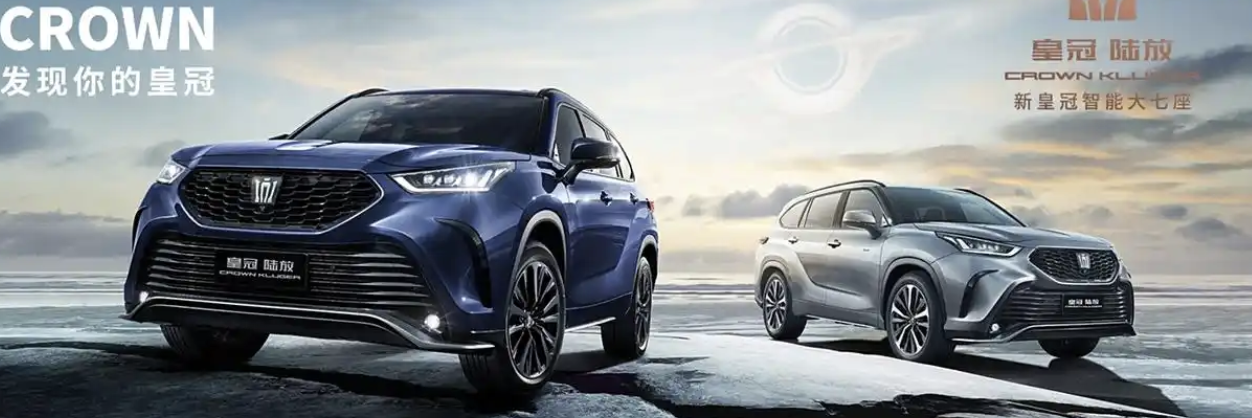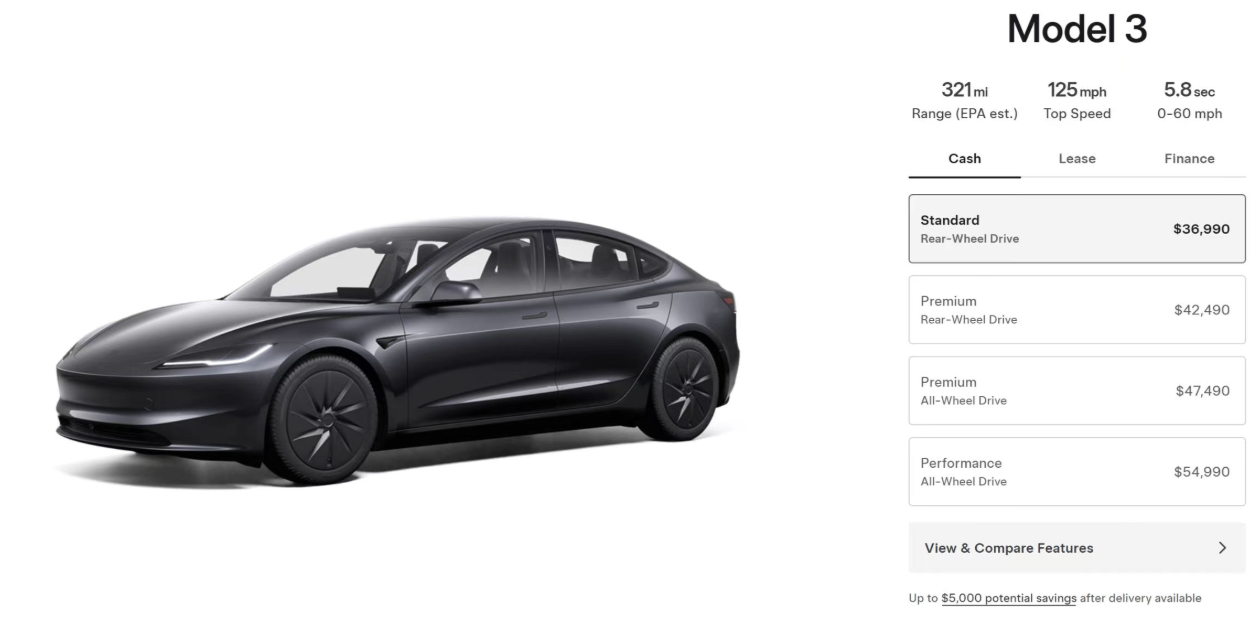On October 29, U.S. electric vehicle manufacturer Lucid Group announced on Tuesday local time that it is pursuing a new goal: to become the first automaker to offer highly advanced autonomous driving capabilities in its vehicles within the next few years.
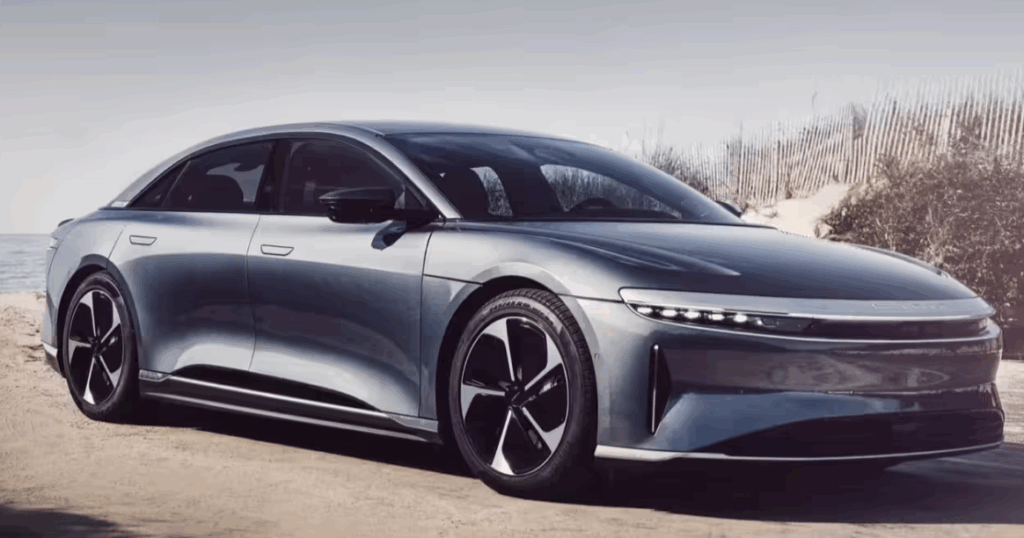
The all-electric carmaker plans to introduce what it calls a “mind-off” driving mode, in which the vehicle can operate fully autonomously under normal conditions without the need for human supervision or intervention — except in special circumstances such as severe weather. Under this mode, passengers could even play cards or watch TV while the car drives itself.
Lucid stated that it will use NVIDIA’s Drive AV platform and a multi-sensor suite — including cameras, radar, and lidar — to enhance the vehicle’s environmental awareness and support the development of its upcoming self-driving system.
Lucid’s interim CEO, Marc Winterhoff, said the system will “definitely debut within the next few years,” though he declined to specify an exact date and made clear that it will not launch in 2026. He noted that the technology will first appear in Lucid’s upcoming mid-size vehicle, followed by gradual expansion to other models.
“I want to ensure we deliver this capability to customers within a timeline that I believe is both ambitious and realistic,” Winterhoff told CNBC. “The main reason I decided not to start entirely from scratch is the issue of time to market… and of course, the cost involved would be tremendous.”
Winterhoff emphasized that NVIDIA’s technology will serve as a key catalyst for the system’s development, while Lucid will handle the practical implementation of autonomous driving functions.
At the same time, he added that Lucid will continue working with NVIDIA to enhance automation capabilities in its existing models — the Air sedan and the Gravity SUV. “This will be an important transitional phase,” he said. Winterhoff has served as interim CEO since February, following the departure of company founder Peter Rawlinson.
In recent years, several automakers — including General Motors and Tesla — have promised to bring fully self-driving cars for personal use to market, yet none have delivered. Despite the industry investing tens of billions of dollars into autonomous driving research, many companies have since scaled back spending after failing to achieve broad deployment.
The technology Lucid is targeting corresponds to Level 4 autonomy, defined by the Society of Automotive Engineers (SAE International) as “high driving automation.” Under this standard, a Level 4 system can perform all driving tasks under specific conditions without human supervision but cannot completely replace a human driver in all environments.
Currently, Level 4 autonomous vehicles are extremely rare on U.S. roads. The most prominent example is Waymo, a subsidiary of Google’s parent company Alphabet, which operates driverless robotaxi services in several cities. Lucid aims to become the first automaker to launch a consumer-oriented Level 4 self-driving car.
However, achieving this goal will be a formidable challenge for Lucid, especially given its track record with advanced driver-assistance systems (ADAS).
The company has admitted that it has not yet met customer expectations in this area. Compared to competitors, Lucid’s rollout of driver-assistance features has been slow and currently lags behind systems such as GM’s Super Cruise and Tesla’s Autopilot and FSD, which represent more mature Level 2 technologies.
Meanwhile, even as the U.S. is on track to set a record for EV sales this year, overall demand for electric vehicles is expected to soften as the federal EV tax credit of up to $7,500 begins to phase out.
Lucid announced its new autonomous driving roadmap and strategic initiatives during NVIDIA’s Global AI Conference (GTC) held this week in Washington, D.C.
